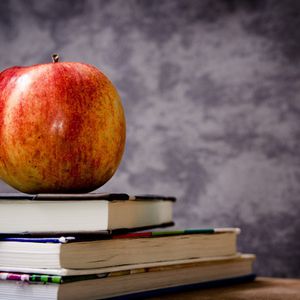A message from the Principal

We are so fortunate at our College to have a strong culture of participation. So many of our students are enthusiastically involved in extra-curricular activities! The obvious ones are those who represent the College in sport, but I have been equally impressed by the cultural, academic and service activities that our students commit to. Even though there are a lot of students in the upper Junior and Senior College who are involved, I still consider it of real importance that we recognise all students in a way that enables it to be regularly celebrated in a way that is visible, and in line with the charism of the College.
I would like any student who in 2019 has represented the College or zone in sport, participated in cultural events like the Eisteddfod, performed a significant act of service for the community, engaged in academic activities like debating or the Youth Parliament or performed in the band or ensemble to please let me know. You may even want to email me directly? No matter how you do it, I want to speak with you, to thank you, and to give you a small badge to wear that shows you went the extra mile for our community. These are Principal’s Awards and will be given out regularly for Sport, Academics, Culture, Service or the Arts. A huge thanks to Lucy Williams in year 6 who inspired this.
I would like to thank the year ten students who participated so maturely in the Vocations Days on Monday and Tuesday of this week. A big thanks also to Mr Nielsen who convened the event, but also to Dr Slack-Smith, Mr Baines, Ms Harrison and Mr Naiker. You may have noticed that there has been a lot of emphasis on events like work experience and subject choice for year ten. Our vision is that they are fully informed and prepared for the rigours of year eleven, and that they make their next steps with confidence.
I was really happy when a Junior college parent took me aside and told me that my little description of Meg Roper in the last newsletter inspired a conversation at the dinner table about her life, and the fate of St Thomas More, and the role of women. What makes me happiest is that the conversation took place. All research is showing that one of the greatest improvers we know of a child’s literacy levels is oracy in the home. That is, how children learn from parent’s oral literacy – how we speak to structure arguments, why we reason and how we think.
A recent report confirms that the alumni of British “public schools” (that is, the ones that very few members of the greater public can actually access because they are so expensive) still control politics and many top professions. The same is only true to a lesser degree in Australia, largely due to the presence of affordable Catholic schools and greater investment in state education. One reason those people are so successful in public life is, of course, that their shared history gives them privileged networking connections. But they are also commonly very confident, fluent public speakers.
They were not born that way. Their skills were developed through their experience of debating societies, discussion groups and engaging in dialogues with their parents and teachers. Research is beginning to show that children who are taught reasoning, listening and speaking skills, perform better in maths, science and logic tests. The best way to teach these skills is to model them – so please take the time to sit with your child and share your views. It will make them better learners and better people.
Mr Chris Gabbett


















